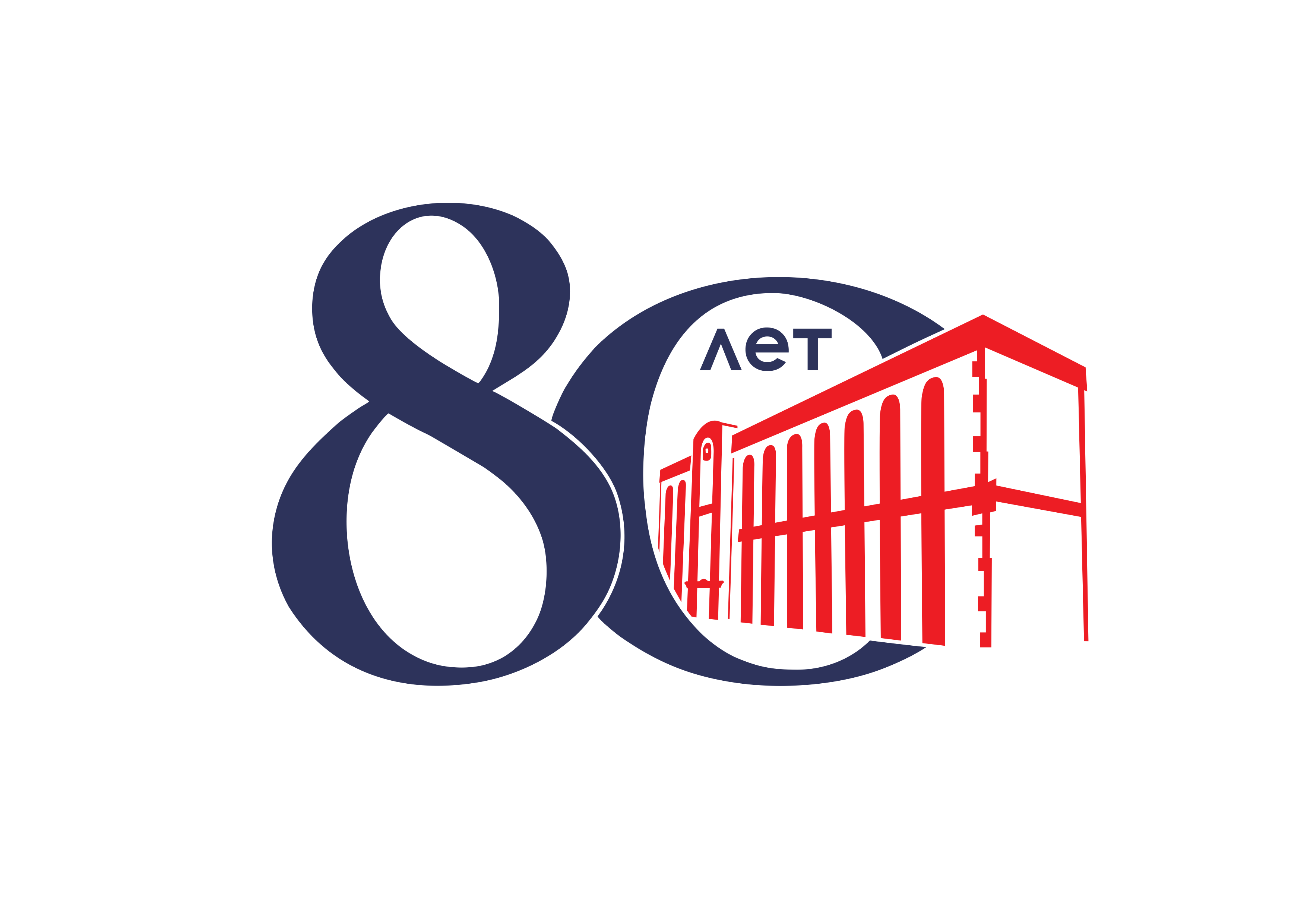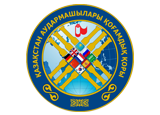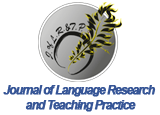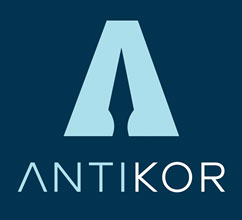7М02211 - Oriental studies (scientific and pedagogical direction)
About educational programs
Training in the master's program is carried out in two directions : profile (1 year) and scientific and pedagogical (2 years). The form of training is full-time.
The purpose of the educational program : training of specialists in the scientific and pedagogical direction, able to adequately solve problems in the field of Orientalism, scientific and foreign policy vector of politics in the East.
A distinctive feature that characterizes the content of training is the relationship between theoretical training, socio-practical knowledge and skills of expert analytical, design and consulting work. Significant attention in the training program is given to specific work with various methods of analysis.
Undergraduates are engaged in research work, participate in scientific conferences of various levels , undergo scientific training and research practice in leading Universities, research institutes and research and innovation laboratories of the Kazakh Ablai Khan University of International Relations and World Languages.
Training is conducted in Kazakh, Russian, English, Chinese, Korean, Turkish, Arabic, Japanese and other foreign languages.
This program is taught and supervised by specialists of the highest academic qualification: doctors of science, professors, candidates of science, associate professors with long experience in scientific and pedagogical work, as well as invited foreign teachers.
The main areas of activity of the master's student are: research work in the field of studying theoretical and applied problems of development of the Eastern countries; expert and analytical work on making forecasts related to the analysis of trends in the development of the Eastern countries; translation activities in the field of Eastern languages in state and non-state organizations; scientific, editorial and publishing activities in periodicals and mass media (mass media). Master's degree graduates can also continue their research activities in leading centers of Orientalism, linguistics and Universities in Kazakhstan and abroad. Scientific internships of undergraduates are held in leading domestic and foreign research institutions.
Advantages of the program
- The uniqueness of the Master's educational program "Oriental Studies" is that it combines the best traditions of the Kazakh School of Oriental studies with the latest achievements of Oriental science and socio-humanitarian knowledge in general. The program is aimed at training modern specialists of multicultural level.
- Undergraduates have the opportunity to get additional specializations. The first specialization is "Critical Media and Political Studies". This specialization is interdisciplinary, forms critical research and analytical skills. Undergraduates will discuss and analyze modern society, challenges and threats of hybrid warfare, giving examples from the field of various media, such as mass media, cinema, television and other media platforms. Specialization is intended for those who want to succeed in politics or in public service. The second specialization is "Theory and practice of management in foreign Asian countries". Specialization is intended for those who plan to build their future career related to Asian countries, in Kazakhstani or international companies, to create their own business in their country or abroad.
- Innovative learning technologies.
- Study of Eastern and Western languages.
Career prospects
► In general, the need to prepare masters is dictated by the demand for specialists in the field of Oriental studies who know the history, economy, political system and culture of the countries of the East in the context of globalization.
Upon completion of the educational program, the degree is awarded:
- scientific and pedagogical direction - Master of Arts in the educational program "Master of Arts in the educational program" M055-Oriental Studies ";
►Master's degree programs are designed to form students' organizational and managerial skills and research competencies necessary for the implementation of managerial activities.
►After mastering the basic educational program, the Master of Oriental Studies can engage in practical professional activities related to his specialization. In addition, a graduate of the master's degree can continue his studies in doctoral studies and engage in scientific activities.
How to come to us
According to the Standard Rules for Admission to educational organizations that implement educational programs of postgraduate education, approved by the Order of the Minister of Education and Science of the Republic of Kazakhstan dated October 31, 2018 No. 600, applications for admission to the master’s program are accepted by the admission commissions of organizations of higher and postgraduate education (hereinafter – OPVO).
Persons entering the master's program pass:
Russian Russian or Kazakh master's degree program - a comprehensive test consisting of a test in a foreign language (English, French, German optional), a test on the profile of a group of educational programs, a test to determine the readiness to study in Kazakh or Russian;
for the master's degree program with English as the language of instruction-a comprehensive test consisting of a test on the profile of a group of educational programs in English and a test to determine readiness to study in Kazakh or Russian or English (optional);
Profile disciplines of comprehensive testing in the Oriental Studies OP:
1 profile discipline - Classical and modern Oriental studies
2 profile discipline – New and recent history of the countries of the East
Our partners
► Completion of research practices and scientific internships in leading research institutes and centers of Kazakhstan, including:
- Suleimenov Institute of Oriental Studies
Ch. Valikhanov Institute of History and Ethnology
Kazakhstan Center for Humanitarian and Political Conjuncture
Center for Modern Chinese Studies at Al Farabi Kazakh National University
Confucius Center on the basis of Kazumoimya im. Abylai Khan
Kazumoimya Korean Studies Center. Abylai Khan
► Internships and participation in the academic mobility program and exchange program at partner universities of foreign countries, including:
Beijing State University
Ili Pedagogical University, China
Xin Jiang Pedagogical University
Xin Jiang State University
Lanzhou University
Wuhan University, Wuhan (China)
Japanese Language University, Urawa
Institute of Asian Countries and Afiriki, Moscow State University, Moscow (Russia)
Aju University (Republic of Korea)















.png)























